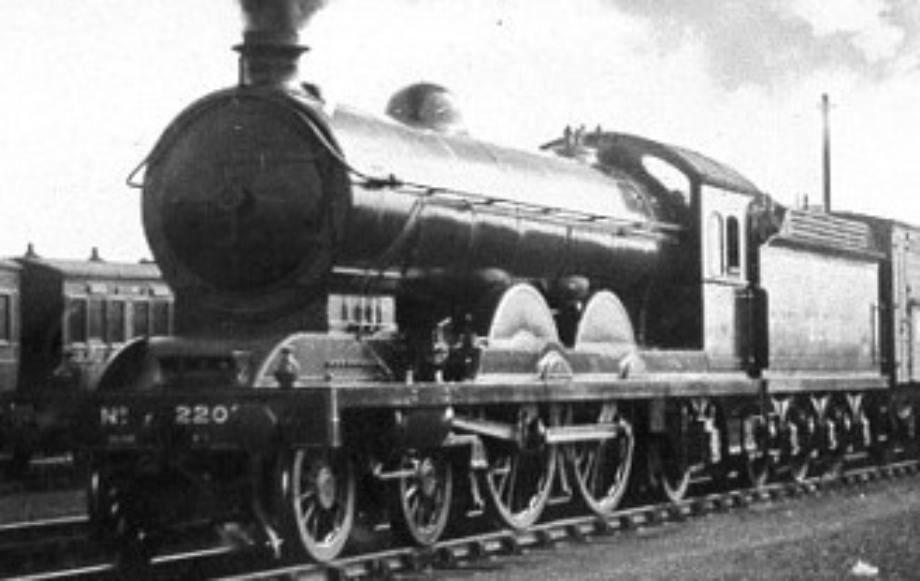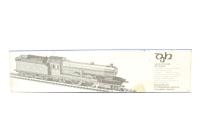4-4-2 Class C7 NER Profile and Models

2208. Unknown date & location. ©LNER.info
|
Vincent Raven wished to build a three cylinder express passenger locomotive and was given permission to do so, resulting in the NER Class Z (later LNER Class C7). The first twenty C7s were built in 1911 by the North British Locomotive Co. The North Eastern Railway (NER) was still assessing the benefits of superheating. Hence ten were built with saturated boilers and the other ten were built with superheated boilers, allowing a direct comparison. A total of fifty C7s were built in five batches between 1911 and 1918. The C7s were initially used on express passenger services. By Grouping (1923), thirty were allocated in the Tyneside area, with the others allocated to York, Neville Hill, and Haymarket. Although increasing numbers of A3 Pacifics and A4 Pacifics displaced the C7s, it was the increasing numbers of V2 2-6-2s in the late 1930s that began to spell the end for the C7s. British Railway was quick in withdrawing these last C7s, and the last was withdrawn in December 1948. |
|
|
Type of Locomotive |
Steam |
|
Builder |
North British Locomotive Co |
|
Build Date |
1911 to 1918 |
|
Total Built |
50 |
|
Tractive Effort |
19,300 lbf |
|
Wheel Configuration |
4-4-2 |
|
Operated By |
North Eastern Railway London & North Eastern Railway British Railways |
|
Main Duties |
Express Passenger |
|
In Service Until |
1948 |
|
Surviving Examples |
0 |
Products awaiting categorisation
| Scale | Brand | Image | Construction Type | DCC Capability | Product Code | Product Title | Livery |
|---|---|---|---|---|---|---|---|
| OO Gauge (1:76 Scale) | DJH Model Railway Kits |

|
Requires assembly | Not set |
K6 View |
NER/LNER/BR Z class 4-4-2 | Awaiting Categorisation |
